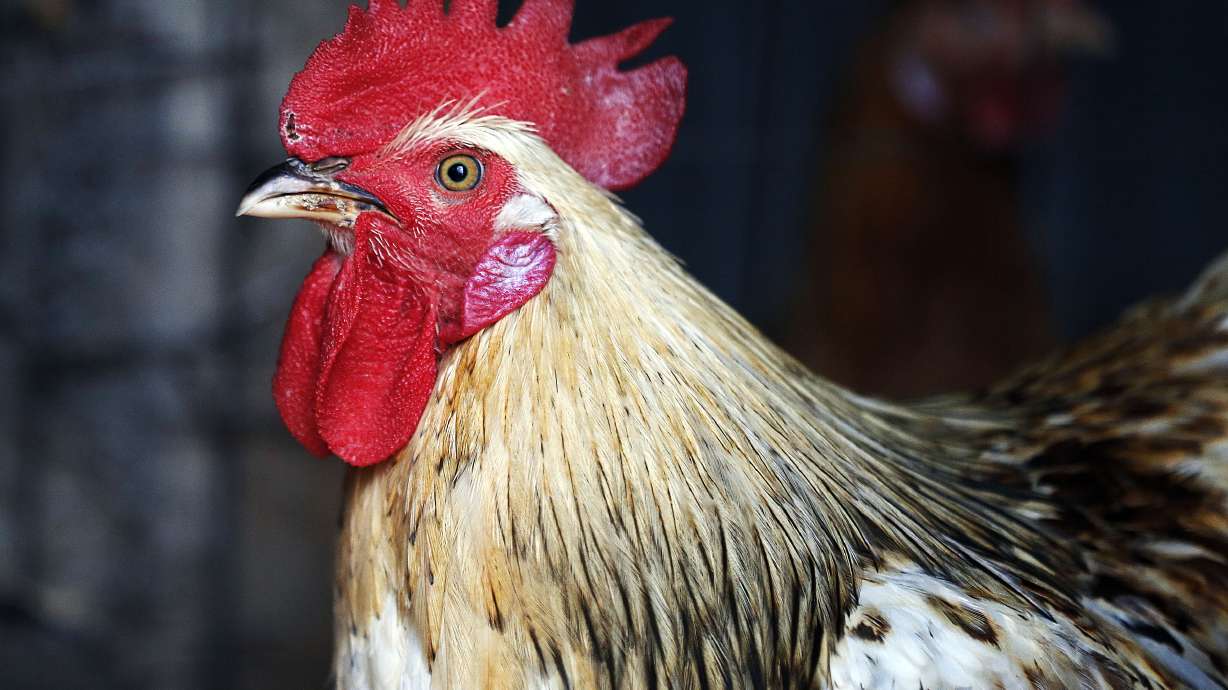Estimated read time: 1-2 minutes
This archived news story is available only for your personal, non-commercial use. Information in the story may be outdated or superseded by additional information. Reading or replaying the story in its archived form does not constitute a republication of the story.
- A large commercial poultry flock in northern Cache County has been confirmed to have bird flu, marking the first such event this year, according to the Utah Department of Agriculture and Food.
- The outbreak led to the culling of 1.8 million chickens.
SALT LAKE CITY — A "large commercial poultry flock" in northern Cache County has been confirmed as having the bird flu, the first such event this year, according to Utah Department of Agriculture and Food spokesperson Caroline Hargraves.
The disease, technically named highly pathogenic avian influenza, has prompted an investigation by the state veterinarian's office, a press release sent out Saturday said. Bird flu is "highly contagious and fatal to poultry," according to the Department of Agriculture and Food's website.
A team from the office "was immediately dispatched to assess the situation," according to state veterinarian Dr. Daniel Christensen, after they were "notified of symptomatic birds in Cache County."
The entire infected commercial flock was culled, numbering 1.8 million chickens, Hargraves told KSL.com, and the area surrounding the flock has been quarantined. No information was given on the specific farm.
The issue has drawn support from federal agencies, including the United States Department of Agriculture's animal and plant inspection service, working to provide increased surveillance and testing in the area.
Officials are warning domestic poultry owners, including owners of chickens and turkeys, to watch birds for symptoms of the bird flu, including "high death loss among flocks, nasal discharge, decreased appetite or water consumption, and lack of coordination," the press release says, and to contact the state veterinarian's office if symptoms are found.
The CDC says recent detections of the disease are not an "immediate public health concern," but is encouraging consumers to cook poultry and eggs to an internal temperature of 165 degrees.
For backyard and commercial flocks alike, keeping houses, coops and other enclosures clean can help stop the spread of bird flu, according to the Utah Department of Agriculture and Food, which has more information on its website.









